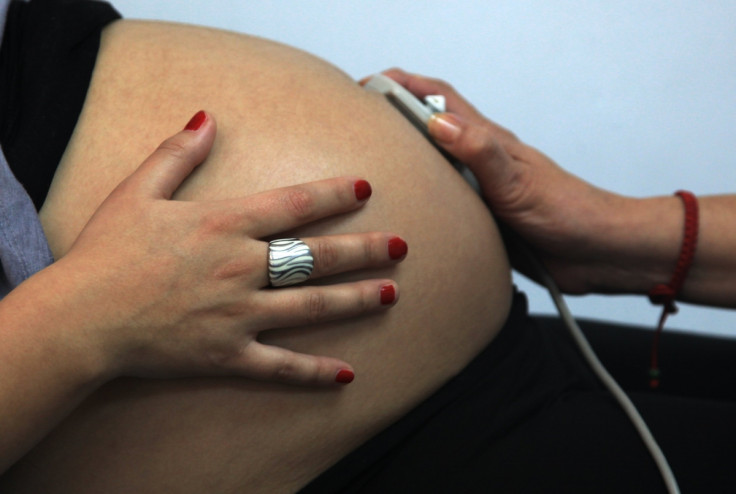Older Mums Live Longer: Giving Birth Over 33 Linked to Slower Ageing Process

Women who have children in their 30s are more likely to lead longer lives than those who give birth in their 20s, according to new research.
Researchers at Boston University have highlighted a link between older maternal age at the birth of their last child and a longer lifespan.
The study found that women who had their last child after the age of 33 were twice as likely to celebrate their 95th birthday than those who gave birth for the last time by 29.
Beneficial genetic variants that allow women to remain fertile may be the explanation.
"The age at last childbirth can be a rate of ageing indicator. The natural ability to have a child at an older age likely indicates that a woman's reproductive system is ageing slowly, and therefore so is the rest of her body," lead researcher Dr Thomas Perls told NBC News.
For the study, researchers analysed data from the Long Life Family Study (LLFS), a genetic and social investigation of 551 families.
The scientists examined data of 311 women who survived up to 96 years of age, compared with 151 women who died at younger ages.
Using data from all 462 women in the LLFS, the team learnt that there was a strong link between longevity and older maternal age.
They observed that women who had their last child beyond the age of 33 were twice more likely to survive up to 95 years or older when compare to the control group who had had their last child by age of 29.
Also women who had their last child between the ages of 33 to 37 had an odd ratio of 2.08. For older women, the ratio was 1.92.
"Of course this does not mean women should wait to have children at older ages in order to improve their own chances of living longer," Perls added, as reported in the Huffington Post UK.
"If a woman has those variants, she is able to reproduce and bear children for a longer period of time, increasing her chances of passing down those genes to the next generation," said Dr Perls, as quoted by Headlines and Global News.
"This possibility may be a clue as to why 85% of women live to 100 or more years while only 15% of men do."
Previous studies in the US have drawn the same link between later pregnancies and longer life.
"While this documented relationship is noteworthy, what is more meaningful is that these findings support the need to conduct additional studies that identify the various genetic influences on reproductive fitness, as these could also influence the rate of aging and a woman's susceptibility to age-related diseases," Margery Gass, of the North American Menopause Society, told Tech Times.
The study was published in the journal Menopause.
© Copyright IBTimes 2025. All rights reserved.






















